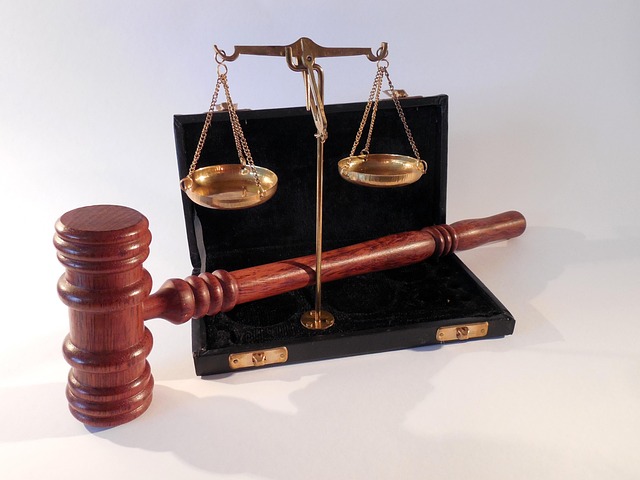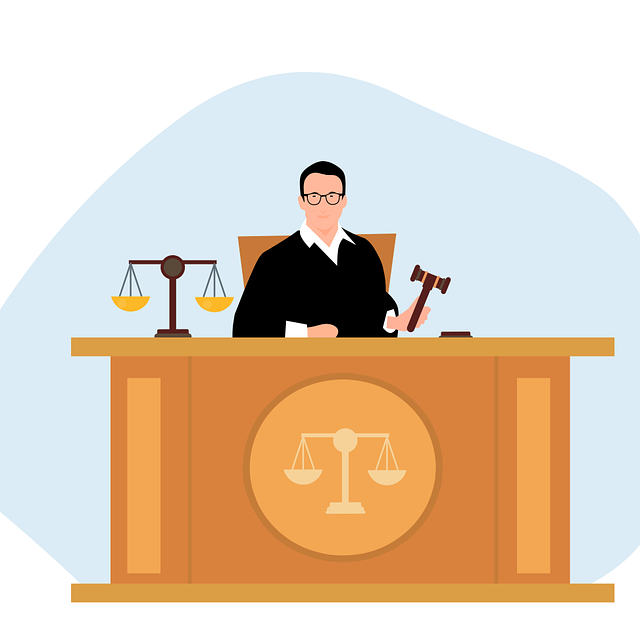Understanding and navigating regulatory appeal processes is crucial for challenging agency decisions, especially in high-stakes cases with nationwide impact. Research relevant laws and regulations, identify procedural errors or inconsistencies, gather evidence through documentation and witness statements, and present a compelling case using strategic legal arguments to protect rights in criminal law enforcement disputes, aiming for favorable outcomes in white-collar and economic crime cases.
Navigating criminal law enforcement involves understanding complex procedures, especially when challenging regulatory agency decisions. This article equips you with essential tools to navigate the appeals process, gather robust evidence, and employ effective legal strategies. Learn how to transform your case into a compelling argument in court, focusing on key aspects like understanding regulatory agency appeals, gathering evidentiary support, and mastering legal challenges. By the end, you’ll be prepared to effectively challenge regulatory decisions.
- Understanding Regulatory Agency Appeals Process
- Gathering Evidence to Support Your Case
- Legal Strategies for Challenges and Disputes
- How to Present a Compelling Argument in Court
Understanding Regulatory Agency Appeals Process
Navigating regulatory agency appeals can be a complex process, especially when decisions impact high-stakes cases across the country. Understanding the appeals process is crucial for individuals and organizations looking to challenge regulatory decisions that may affect their operations or interests. The first step involves familiarizing oneself with the relevant agency’s rules and regulations, as well as the specific grounds for appeal. These can include procedural errors, inconsistencies with applicable laws, or a lack of substantial evidence to support the initial decision.
Knowing when and how to file an appeal is key, as timely submission is essential. Many regulatory agencies have strict deadlines, and failure to adhere to them may result in the loss of the right to appeal. Once filed, the case proceeds through a structured process that often involves written submissions and oral arguments before administrative law judges or panels. The outcome can significantly impact not just the immediate parties involved, but also shape policies within philanthropic and political communities across the country, making it crucial to approach these appeals with both legal expertise and a deep understanding of the broader implications.
Gathering Evidence to Support Your Case
Gathering evidence is a critical step in any criminal law enforcement case, especially when challenging regulatory agency decisions. It’s not just about collecting physical proof; it involves meticulous documentation and witness statements that can corroborate or contradict the initial claim. A skilled general criminal defense attorney knows how to navigate this process, ensuring every piece of information is handled with care and presented effectively in court.
To achieve extraordinary results for his clients, the attorney must possess a strategic mindset. This includes knowing when to challenge agency procedures, questioning their admissibility as evidence, and presenting alternative interpretations. By doing so, they can highlight potential flaws or biases that may have influenced the initial decision, thereby weakening the prosecution’s case. This strategic approach is key in navigating complex legal landscapes and securing favorable outcomes for those accused of crimes or facing regulatory challenges.
Legal Strategies for Challenges and Disputes
When facing legal challenges or disputes under criminal law enforcement, understanding how to challenge regulatory agency decisions is crucial. The first step involves carefully reviewing the decision and identifying any procedural errors or factual inaccuracies. Legal professionals can then employ various strategies to contest these decisions. One common approach is to present new evidence that was unavailable during the initial proceedings, demonstrating that the outcome may have been different had this information been considered.
Additionally, individuals and organizations accused of white-collar and economic crimes can seek legal recourse by questioning the regulatory agency’s jurisdiction or the fairness of the decision-making process. By presenting a compelling argument that the charges are baseless or that the agency has overstepped its boundaries across the country, they can mount a strong defense. The goal is to ensure that the white-collar defense team effectively challenges the evidence and procedures used, ultimately protecting their rights and seeking a favorable outcome.
How to Present a Compelling Argument in Court
Presenting a compelling argument in court is an art that goes beyond mere knowledge of the law. It requires a strategic approach to engage and persuade the judge or jury. When challenging regulatory agency decisions, understanding the nuances of your case is key. Begin by thoroughly researching and interpreting relevant laws and regulations to identify any discrepancies or unfair applications. An unprecedented track record of achieving extraordinary results in similar cases can be a powerful tool to bolster your argument.
Organize your facts and legal points logically. Use clear and concise language to present your case, ensuring every point connects smoothly to the next. Visual aids and expert testimony can also enhance your argument, especially when dealing with complex white-collar and economic crimes. Remember, the goal is not just to present information but to tell a story that resonates, leaving no doubt about the validity of your challenge.
Navigating criminal law enforcement challenges requires a comprehensive understanding of regulatory agency appeals processes, robust evidence gathering, strategic legal approaches, and persuasive argumentation. By mastering these aspects—from deciphering complex regulations to presenting compelling cases in court—individuals and entities can effectively challenge regulatory agency decisions, ensuring fairness and upholding their rights within the legal framework. Armed with knowledge and strong advocacy skills, one can navigate this intricate landscape, ultimately fostering a more just and transparent criminal justice system. For those seeking to How to Challenge Regulatory Agency Decisions, these strategies are pivotal in securing positive outcomes.






